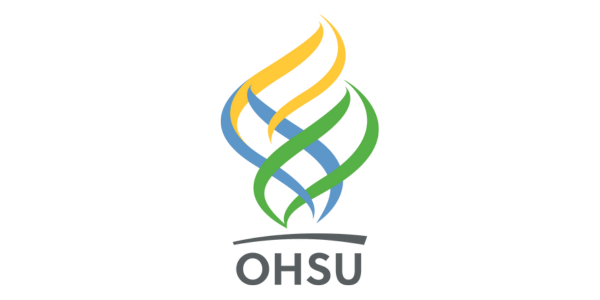Healthcare & Social Assistance
Jobs that improve the well-being of individuals and communities.
7%
7%
increase in jobs from 2020 to 2024
Healthcare is CrucialEvolvingTransformative
The healthcare industry has long been a cornerstone of our regional economy. However, the sector has faced multiple challenges, compounded by the COVID-19 pandemic. Worker turnover increased exponentially as older workers opted for early retirement and younger workers left the industry. At the same time, many of the local institutions that train the healthcare labor force have closed. The high rates of turnover combined with a shrinking pipeline of new workers entering the field is creating an employment crisis—which is why Worksystems remains committed to supporting this key industry.

2024 Regional Industry Facts
Average Wage:
$82,419
Number of Jobs:
113,759
Number of Firms:
10,133
5 Year Job Growth:
7%
Industry lq*:
0.96
* Location Quotient (LQ) is a statistical measure used to compare the concentration of a particular industry, occupation, or demographic characteristic in a specific region to a larger reference area, typically at the national level. An LQ of 0.95 means the industry plays a 5% smaller role in the region’s economy compared to the national economy.
Top Employers:
Primary Occupations
With over 400 occupations in Healthcare & Social Assistance, many high-paying roles—nearly 60% paying $22 or more per hour—don’t require a four-year degree, offering varied entry points and career advancement opportunities through short vocational training.
Medical Secretaries and Administrative Assistants
Jobs: 5,784
Avg. Hourly Wage $24.22
Medical Assistants
Jobs: 4,516
Avg. Hourly Wage $25.22
Licensed Practical and Licensed Vocational Nurses
Jobs: 1,572
Avg. Hourly Wage $37.04
Peer Support Professionals
Jobs: 3,294
Avg. Hourly Wage $26.00
Peer Worker Training Project
The Peer Worker Training Project is designed to recruit, train, and place Peer Support Specialists in behavioral health positions in our region. It began as a pilot in July 2024.
Through June 2025:
- 60 individuals have completed training
- 100% are are pursuing or have earned a certification
- More than 50% identify as BIPOC
- 20 secured employment in peer support
The career coaching and training program includes partnerships with the Mental Health and Addiction Association of Oregon and United We Heal, offering graduates a path to career advancement through Certified Alcohol and Drug Counselor Registered Apprenticeship Programs.
Thanks to a grant from the Higher Education Coordinating Commission, the Peer Worker Training Project has expanded to the current program year, now serving Multnomah, Washington, and Clackamas counties in partnership with Clackamas Workforce Partnership.
Our goal is to train 80 new peer workers, with a strong focus on culturally specific and bilingual service delivery to meet the diverse needs of the Portland metro area.




